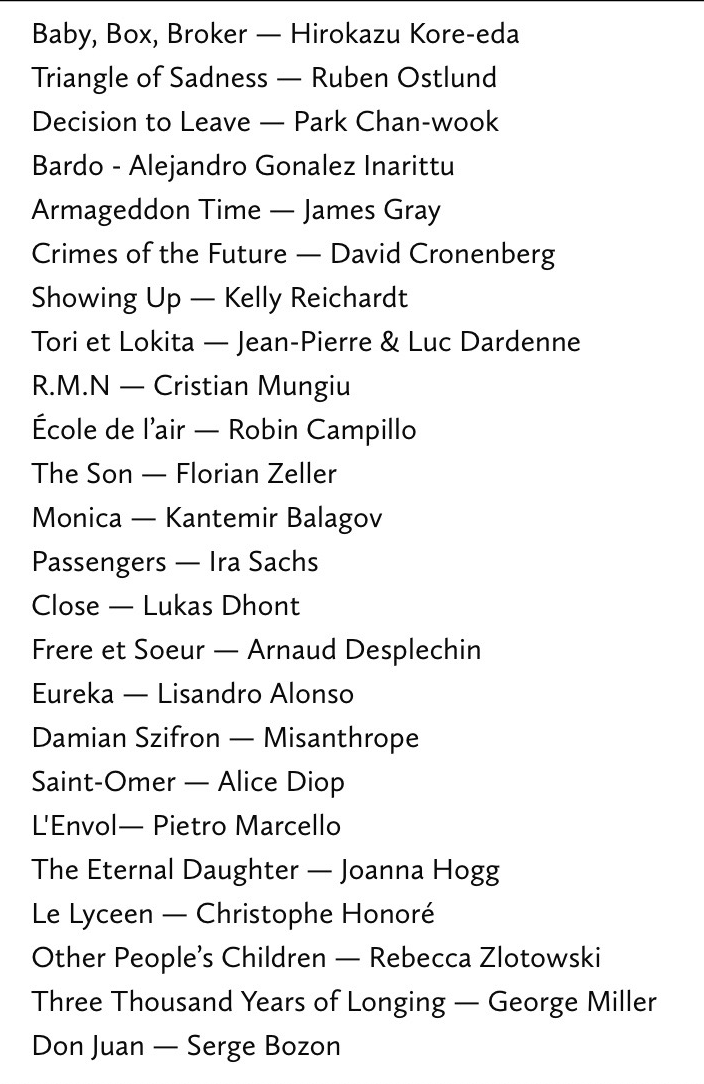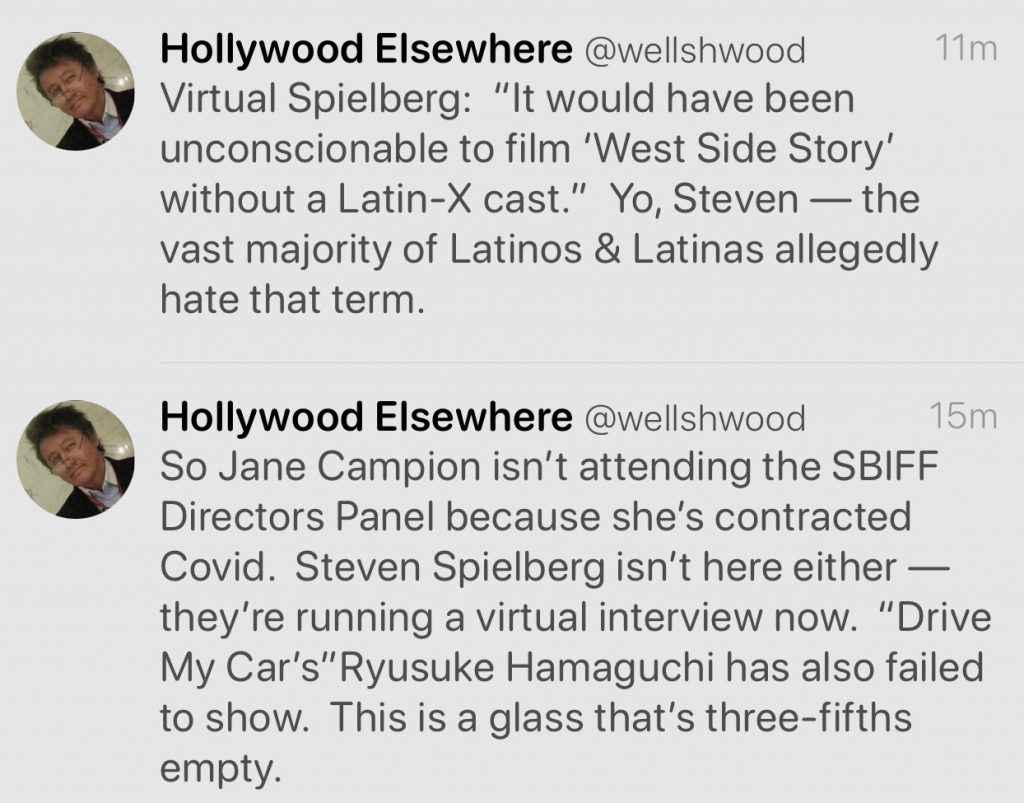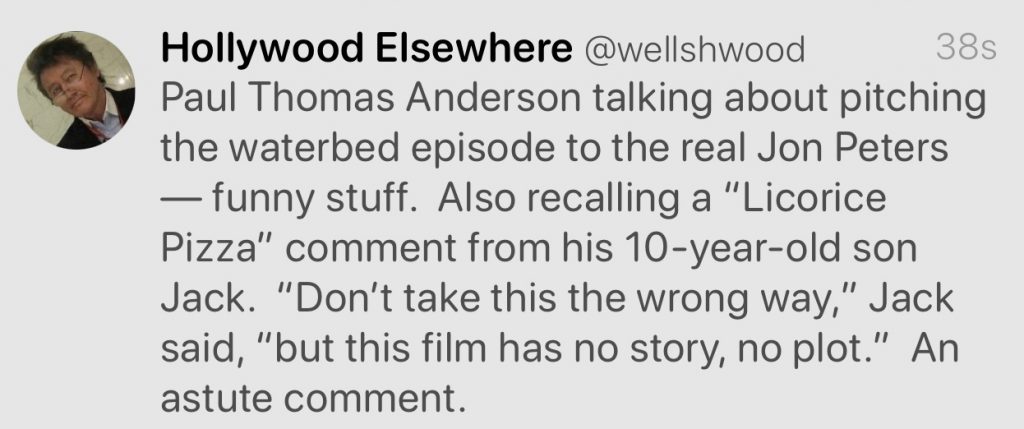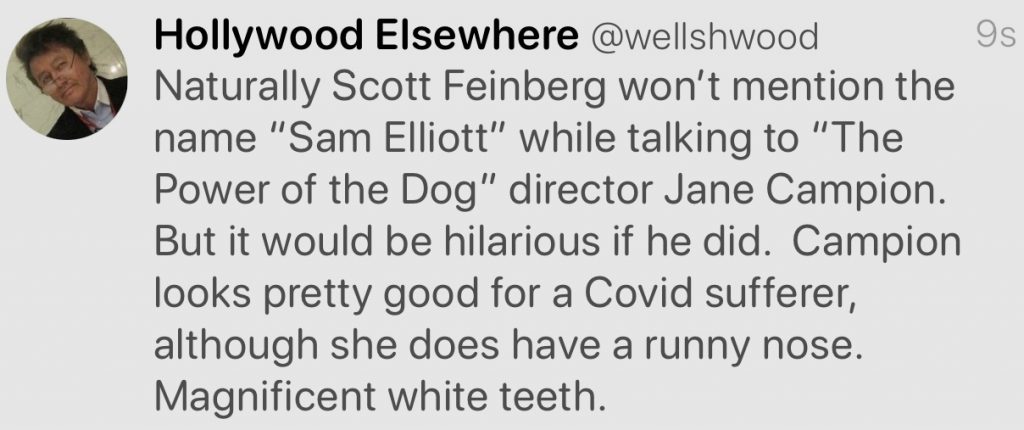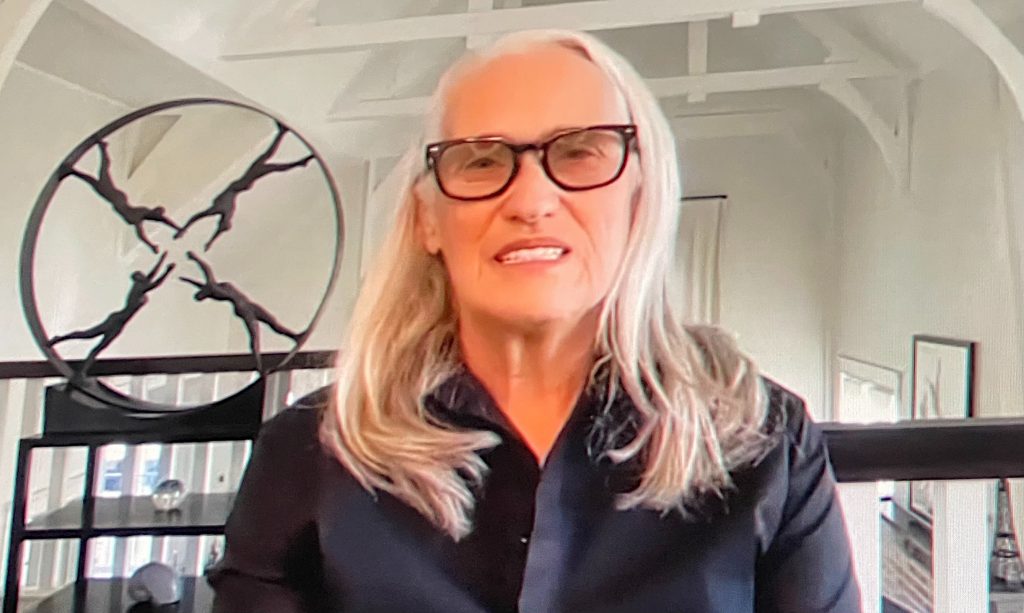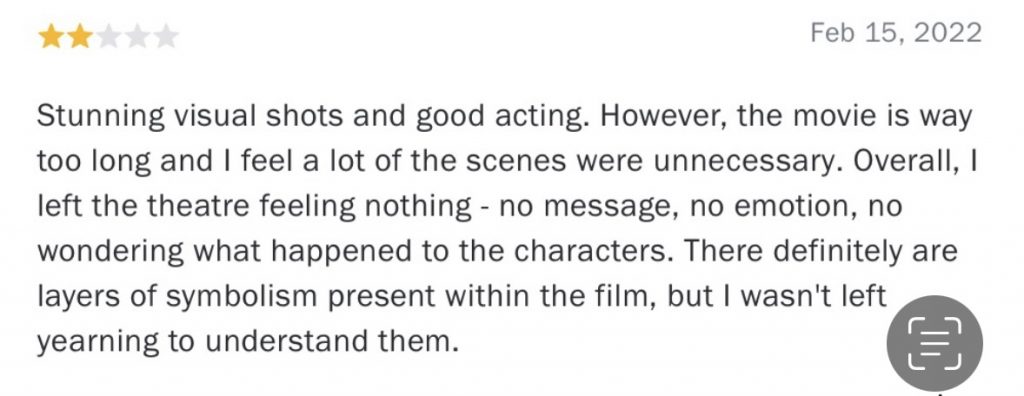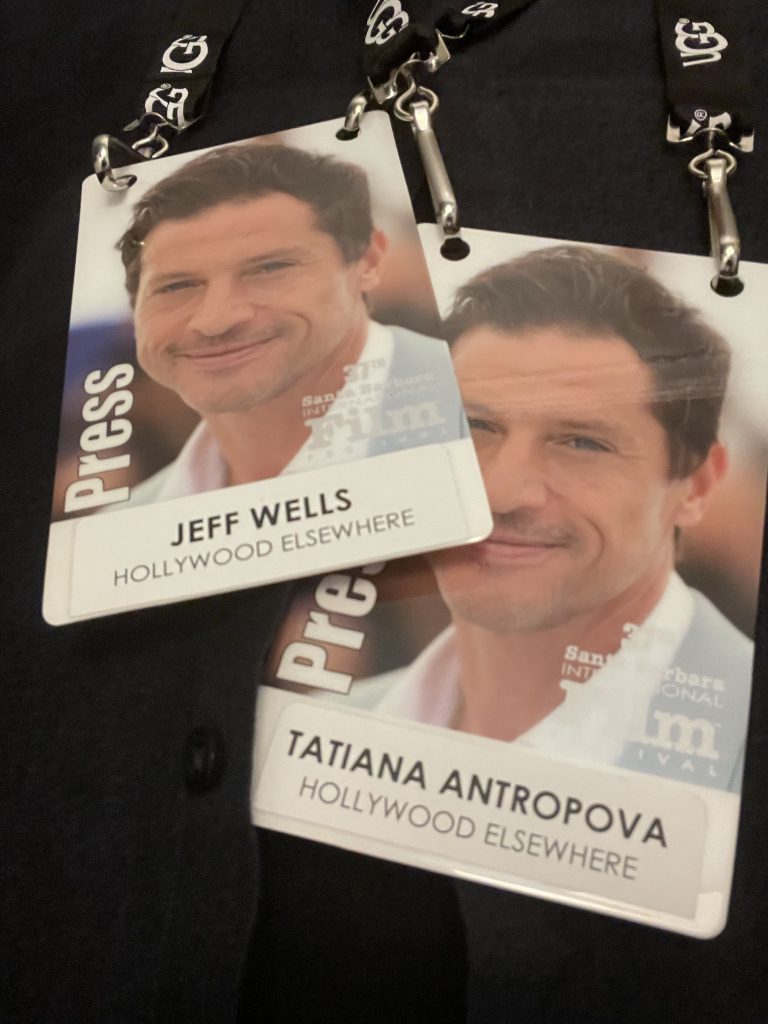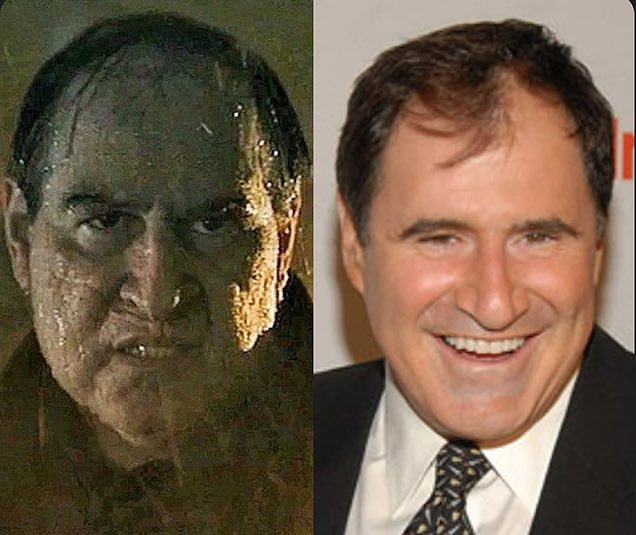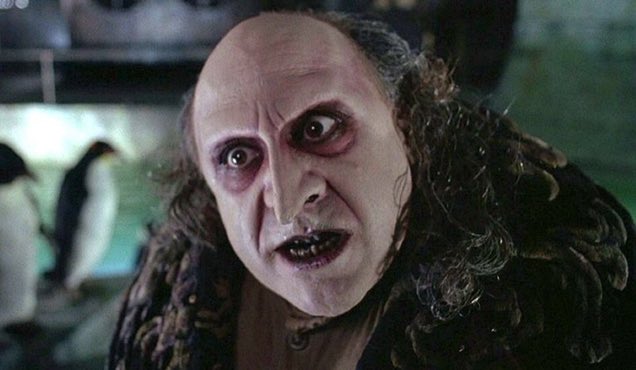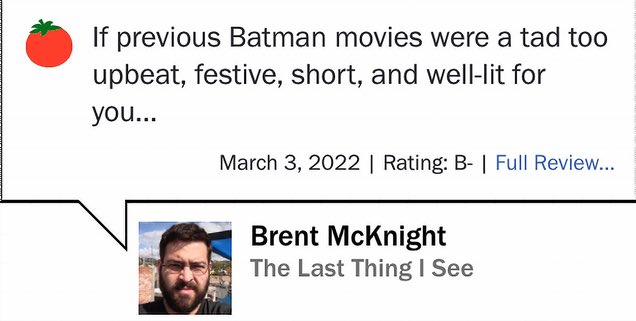About a week ago (2.25) I mentioned that the Santa Barbara Film Festival will present an on-stage interview with the five 2022 nominees for the 2022 Best Director Oscar — The Power of the Dog‘s Jane Campion, Drive My Car‘s Ryusuke Hamaguchi, Licorice Pizza‘s Paul Thomas Anderson, Belfast‘s Kenneth Branagh and West Side Story‘s Steven Spielberg.
It happens tonight at 8 pm. THR‘s Scott Feinberg will moderate. These SBIFF events are all about praise and softballs so it’s unlikely that Feinberg will ask anything the least bit challenging. However…
In my 2.25 piece I suggested that Feinberg ask Anderson the following: “As you know, for the last four or five years Hollywood progressives have has dictated that all historical films have to adopt the practice of presentism in terms of casting. That means that all casts have to reflect social values as they should be in terms of inclusion and representation rather than how they actually may have been during the time of the story. (Presentism anticipates the Academy’s representation and inclusion standards that will apply concurrent with the 2024 Oscars.)
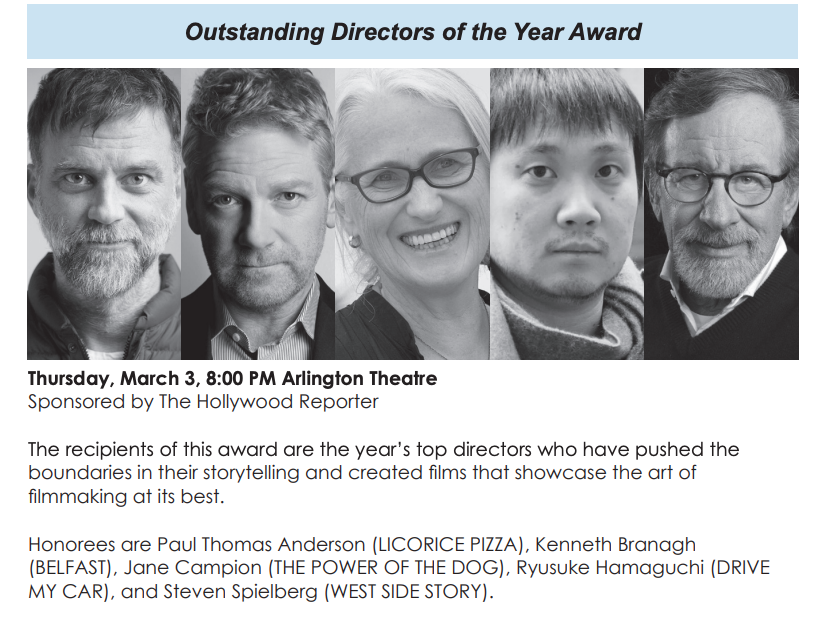
Anderson question: “Late last year you were challenged on a racial insensitivity issue. Licorice Pizza has a couple of scenes in which a middle-aged white guy speaks to his Japanese wife (actually two wives in succession) with a bizarre Japanese accent. You responded that you think it’s more important to portray all the aspects of a given era accurately rather than default to presentism. Would you care to elaborate on this dispute and re-explain where you were coming from?”
I’ve decided to revise my suggestion. Feinberg should instead ask all five directors to answer this: “In your opinion, which is the higher calling in the making of a period film? Is it better to (a) follow the guidelines and dictates of presentism, which aims to reflect social values as they should be in terms of inclusion and representation rather than how they actually were during the time of a given story, or (b) present this or that historical era honestly, as it actually was and without any progressive sugar-coating?”
I’m still in West Hollywood as we speak (3 pm), but I’ve got five hours to play with. Drive up to Santa Barbara, pick up the press pass, unload my stuff at a nice SBIFF-comped hotel (Lavender by the Sea) and get up to the Arlington Theatre sometime between 7:30 and 8 pm.



